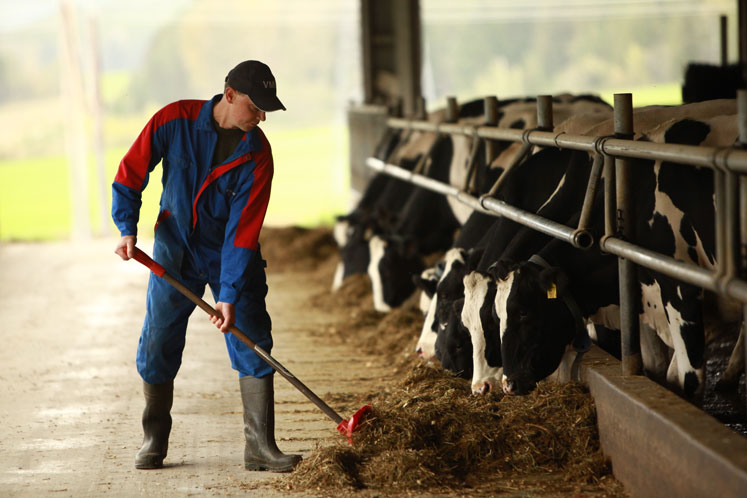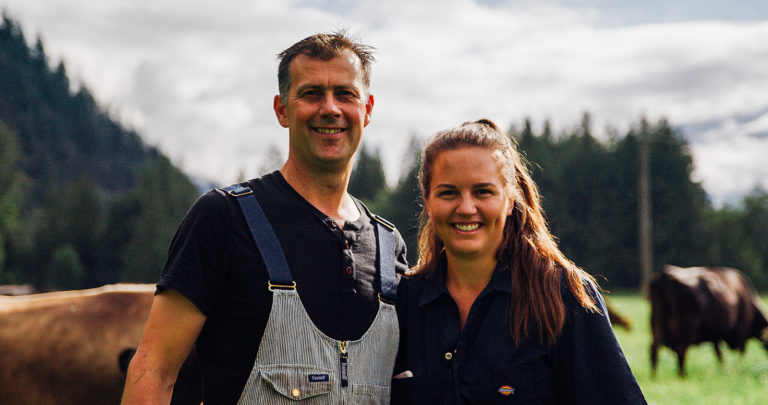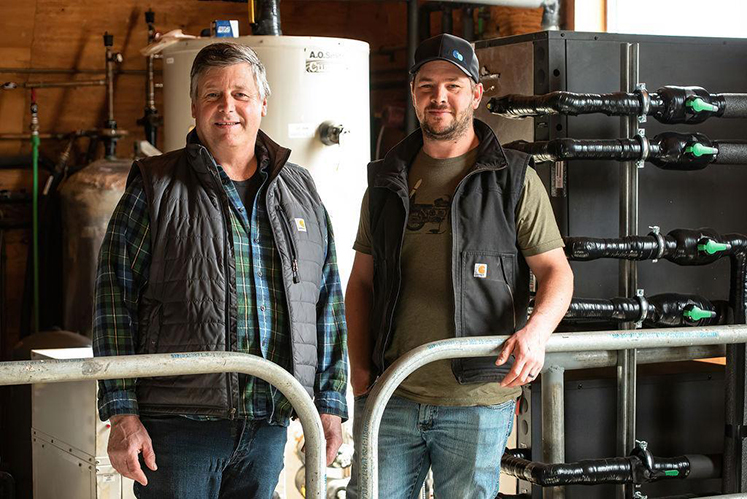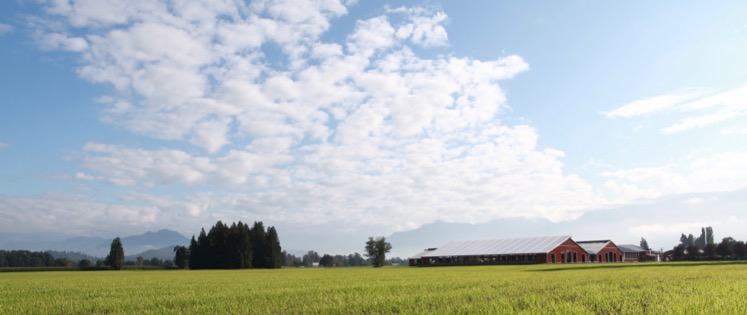An interview with Samantha Gambling
What is supply management?
The economic structure of supply management ensures that milk production is adjusted to meet consumer demand. By utilizing supply management, Canadian farmers and consumers benefit from the market stability it creates. This assures confident industry reinvestment at the production level, and results in high quality milk and industry leading food safety standards.
What are the benefits of supply management?
At the production level
- Canadian farmers are paid a fair price and produce high quality milk.
- While farmers around the world are facing fluctuating prices, Canadian farmers sell their milk with price stability. The structure has proven to be highly successful in the midst of the current global milk pricing glut which has thrown the dairy industries of many Western countries into chaos. In the UK for example, milk prices are currently so depreciated, the product is selling for less than the cost of production which has led to a record level of dairy farm closures.
- Canadian farmers produce as close as possible to the amount of milk the market requires. This avoids dumping unsold excess milk, which often happens in other dairy markets.
At the consumer level
- A common myth about Canada’s supply management system is that it results in more expensive products. It is false as the price of dairy products in Canada is comparable to those in other countries. In 2014, Canadians were paying $1.30 per litre of fresh milk while consumers in New Zealand’s de-regulated dairy industry were paying $1.83 per litre.
- Under supply management, Canadian consumers can be confident that their milk remains at a stable price. A majority of Canadians recognize the benefits of the supply management system. A poll by Canadian business demonstrated that 81% of Canadians support supply management.
At the community level
The stability of Canada’s supply management structure benefits not only farmers and consumers, but also local communities. Farmers are able to invest in their farms, generating jobs and supporting their local community. In British Columbia, the dairy industry is the single largest agricultural commodity. This equates to a sizeable contribution to the provincial economy.
At the federal level
- Supply management ensures that the Canadian dairy industry is self-sufficient and requires no government subsidy.
- A common myth is that supply management is a barrier to free trade. On the contrary, foreign governments will not be incentivized to halt their agricultural subsidies.
Can supply management help with food sovereignty in Canada?
Samantha Gambling just completed her thesis on “Supply Management as it Relates to Food Sovereignty in Canada”. We recently interviewed her to learn more about the results of her research. 
What are the areas of research that your thesis focused on?
Food sovereignty refers to the rights of local people to define and control their own food systems using ecologically sound, fair, and democratic practices. Specifically, I studied the extent to which the Canadian supply management system could serve as a food sovereignty policy framework for dairy production. In comparison, I also studied New Zealand’s liberalized policy environment and its implications for the dairy industry.
What were your main findings?
My BC interview participants highlighted a range of ways that the supply management framework affects producers’ ability to meet economic, political, and social goals for a sustainable BC dairy industry. For example, most participants felt that supply management policies ensure fair, viable and stable wages for producers, and allow for producer input into policy making. Some participants, however, felt that supply management policies do not benefit all producers equally, mentioning that all farm sizes and types are not generally represented on marketing boards. My discussions with BC dairy stakeholders suggested that BC’s supply management system provides a more economically stable and democratic framework for dairy production than New Zealand’s liberalized policy framework, where participants expressed concern about the effects of price volatility on social and environmental management decisions.
In light of these findings, and an increased need for food security in the future, how do you envision the future of supply management in Canada?
Food sovereignty has been identified by agricultural organizations across the world as a process to achieve food security by giving local producers a greater voice in shaping policy to support sustainable regional and local farming systems. For Canadian dairy producers, supply management offers a potentially valuable framework for the pursuit of food sovereignty; however, my research suggests that as it currently functions, supply management alone will not meet these ecological, economic, social, and political goals. Further measures such as, ensuring equitable representation of diverse production styles — including small-scale, new, and alternative (e.g. cottage industry) producers — on the BCMMB (BC Milk Marketing Board) board of directors and in policy decisions is a critical step towards more equitable governance, an important feature of food sovereignty. Additionally, producer groups and milk boards could embrace and expand niche markets and programs that promote ecological and social sustainability as outlined in food security and food sovereignty frameworks. Dairy Farmers of Canada’s ProAction Initiative is one example of such a program, which could be reinforced and strengthened through alliances with food sovereignty organizations such as Food Secure Canada.
In conclusion, the future of supply management depends not only on producer and board decisions at a local scale, but also on political and cultural developments at national and international scales.



